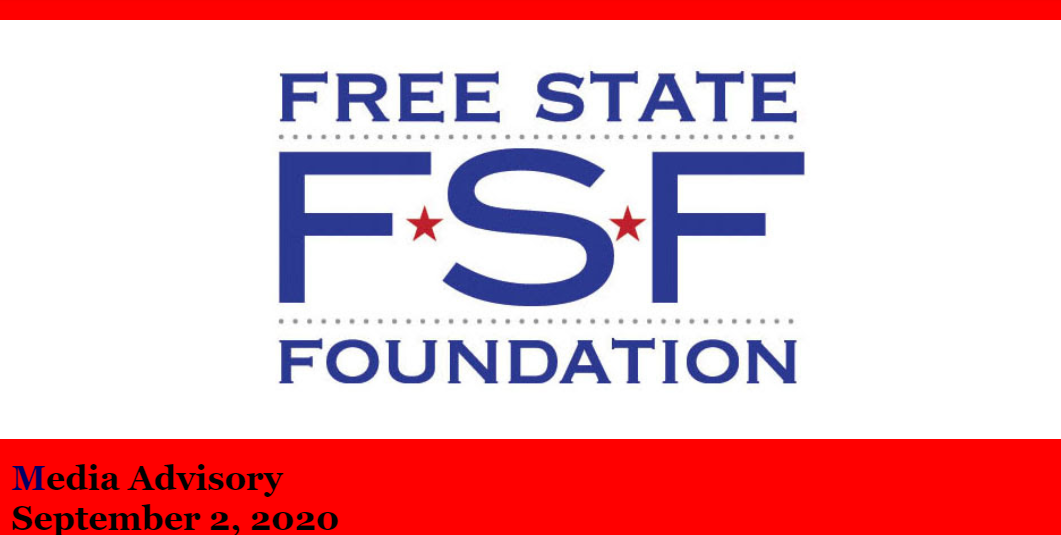Free State: FCC Has Authority to Clarify Sec. 230
Said review of 25-year-old law is warranted

The smarter way to stay on top of the streaming and OTT industry. Sign up below.
You are now subscribed
Your newsletter sign-up was successful
The Free State Foundation said there is nothing wrong with the FCC or Congress, or both, casting a critical eye over the 25-year-old Sec. 230 immunity for Web sites from liability over most third-party content.
That came in comments on the Trump Administration efforts--via a National Telecommunications & Information Administration petition--to get the FCC to open a rulemaking to "clarify" provisions of Sec. 230 of the Communications Act.
Initial comments were due Wednesday (Sept. 2), with reply comments due Sept. 17.
Related: CDT Says FCC Should Not Abet Trump Attack on Web
Rather than weigh in on what the meaning or scope of the section is, Free State's main point was that the immunity provision should not itself be immune from review. "Unlike the Ten Commandments handed down from Mt. Sinai, Section 230 is not etched in stone, but like most statutes, it should be periodically reviewed with an eye to considering whether any revisions are in order," Free State Foundation president Randolph May and director of policy studies and senior Fellow Seth Cooper told the FCC.
New America’s Open Technology Institute (OTI), one of the petition's critics, told the FCC that the NTIA petition "would improperly broaden the statutory authority of the Commission, violate the First Amendment, and chill the free speech of users online."
Free State is a big defender of the First Amendment, but they don't see an FCC clarification as running afoul of that speech protection. "It is difficult to understand how Commission action engaging in such clarification and interpretation – as opposed to its issuing orders or regulations actually restricting, or purporting to restrict, any content providers' speech – violates any entities' First Amendment rights, as some claim," they said.
The smarter way to stay on top of the streaming and OTT industry. Sign up below.
They argue that the apoplectic opposition and doomsday scenarios regarding a review by the FCC (or Hill), which include that the FCC lacks authority even to consider the petition, are ironic coming from those, notably Google, Facebook, and Twitter, who predicted the FCC's elimination of net neutrality regs would mean the end of the internet.
As to the FCC's authority to review the section, Free State said it almost certainly has the power "to issue clarifying interpretations of ambiguous Communications Act provisions like Section 230" and that such a review is warranted given the "dramatic changes in the Internet ecosystem over the last twenty-five years."
Free State is a free market think tank supported by media outlets.
Contributing editor John Eggerton has been an editor and/or writer on media regulation, legislation and policy for over four decades, including covering the FCC, FTC, Congress, the major media trade associations, and the federal courts. In addition to Multichannel News and Broadcasting + Cable, his work has appeared in Radio World, TV Technology, TV Fax, This Week in Consumer Electronics, Variety and the Encyclopedia Britannica.

